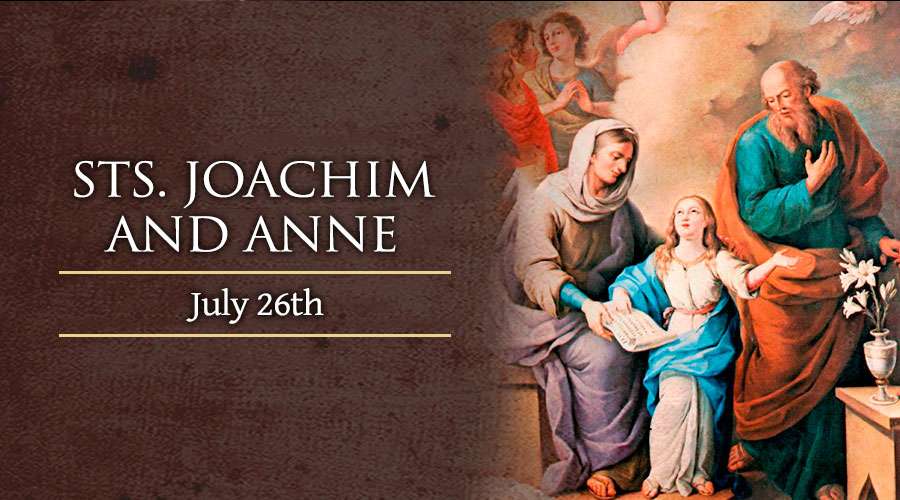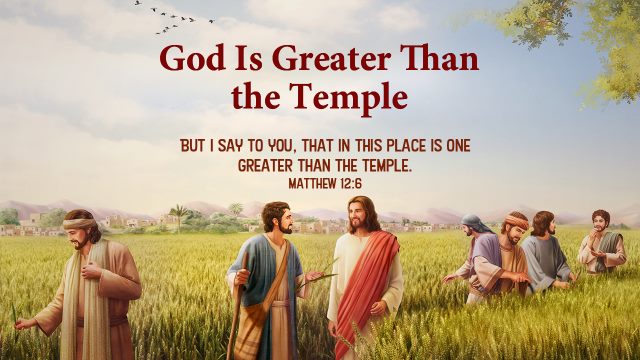
SUNDAY, SIXTEENTH WEEK IN ORDINARY TIME
Jer 23: 1-6 Ps 23: 1-6 Eph 2: 13-18 Mk 6: 30-34
STRICTNESS VS COMPASSION
Those who search the Bible for loopholes, will find today’s gospel interesting. It shows us two seemingly incompatible images of Jesus. First, there is the image of Jesus as a man with a strong, stubborn, and sometimes even insensitive nature who abandons a swarm of defenseless and needy people in need of his help and goes on vacation when the time comes. Then there’s the image of Jesus as a kind, sensitive, and caring individual who stops his well-deserved sleep to deal with a chaotic gathering of people who are bothering him when they shouldn’t. So, is Jesus a rigid, unyielding man of discipline and principle who sticks to his plan no matter what? Or is he considerate and receptive?
When confronted with this dilemma, the average Bible reader is likely to see in Jesus the character who most fits his or her own nature. Staunch disciplinarians would regard Jesus as a strict disciplinarian, whereas kind-hearted philanthropists see him as a caring philanthropist. Is the Bible then a mirror that solely reflects the reader’s own face? Is the Bible merely there to justify our personal prejudices and lifestyles? If so, we are no better than a dying criminal looking for loopholes in the scriptures. The Bible, in some ways, affirms us while also challenging us. If we read the Bible expecting God’s word to confront our current attitudes and lifestyles, we can easily see that what shines out in today’s gospel is simply the image of Jesus as the compassionate one.
Even though Jesus went for a much-needed retreat with his disciples, and the people have no right to intrude on his solitude in this way, he is able to look at their tired expressions, recognize their need, adjust his plan, and respond to it. Obviously, Jesus is entitled to his rest, and the people have no right to bother him in this way. However, Jesus is not interested in exerting his rights. He realizes the folks are pestering him out of desperation. And he sets out to diagnose and treat the source of such desperate behaviour.
How would you and I handle a similar situation? We would probably reproach the crowd and accuse them of being insensitive. We would dispatch the disciples to drive them away and, if necessary, call-in police authorities. Instead of attempting to understand individuals, we would become angry and critical of them. However, compassion entails putting oneself in the shoes of another and attempting to perceive things from their perspective.
So, if Jesus is so kind, why did he initially try to avoid the crowd? Even that gesture could be interpreted as an act of compassion, not for the crowd, but for the disciples, who clearly needed a rest. “He told them, ‘Come out to a deserted spot all by yourselves and rest for a while. For many were coming and going, and they had no time to eat” (v. 31). The earlier decision was motivated by compassion for the disciples, whereas the later was driven by compassion for the people. None of it was driven by self-interest. It was pure kindness.
Jesus in today’s Gospel tells us how to balance our lives amidst the many things and concerns we may have. The feeling of pity and the compassion that Jesus felt towards the people is much more than just a mere human feeling or emotion. He pities them not because of the sight of their misery and misfortune but because it arouses such a deep feeling in Jesus that impels him to do everything possible to relieve the suffering by a total commitment of himself to them and to their needs. In this way Jesus is showing us an example of how to be a good leader, a leader who knows that he or she needs to go alone every now and then, and reflect on his or her life before God and on what she or he is doing, but also at the same time not forgetting the needs of the people whom he or she is sent to. Today, let us beg Jesus to give us his compassionate spirit, so that we can be as sensitive and responsive to the needs of those around us as He was. And let us be prepared to live compassionate lives, even if it means changing our plans for the summer or the rest of our lives.
Response: The Lord is my shepherd; there is nothing I shall want.
Copyright ©2024 ©Springs of Living Water http://springs.carmelmedia.in










